Ferguson Marine, the company tasked with the construction of two delayed and over-budget CalMac ferries, has terminated the contract of its Chief Executive, David Tydeman, in a bid to safeguard the firm’s future.
This move by the board comes amid warnings from the Scottish government about probable further delays to the ferries’ delivery, particularly the Glen Sannox, which was initially scheduled for May.
Andrew Miller, Ferguson Marine’s board chairman, emphasised the necessity of robust leadership to secure the company’s future and acknowledged the need for a restructured leadership team to meet the challenges ahead.
Board chairman Andrew Miller said:
“Ferguson Marine needs strong leadership to ensure its long-term future. The board recognised that action needed to be taken to restructure the current leadership team and it has taken these steps to address this. Our focus is on the completion of Glen Sannox and hull 802 (Glen Rosa), and the implementation of a robust business plan to improve the commercial viability of Ferguson Marine.
With this new senior management team in place and a full complement of board members, we have the breadth and depth of experience and capability to drive forward these plans.”
The company remains focused on completing the two ferries and implementing a business plan aimed at enhancing Ferguson Marine’s commercial viability. I’ve looked at their prospects elsewhere.
George Allison: Believe it or not, Ferguson Marine has a bright futurehttps://t.co/SQkHa0dwEK
— The Herald (@heraldscotland) February 16, 2024
Tydeman is being replaced third-generation shipbuilder John Petticrew as interim CEO. The company has also made several senior appointments as its board moves forward with its plans to strengthen the economic sustainability of the yard.
John Petticrew has over 40 years of experience in shipbuilding and infrastructure across three continents and has been a non-executive director on Ferguson Marine’s board since 2022. His extensive knowledge of vessel design and build and shipyard management will ensure firm leadership over the coming months while a permanent appointment is made.
A newly created role of chief operations officer has been established to support the delivery of the board’s business plan. Paul Blake has worked in the maritime industry for more than 30 years leading construction, upgrade, and activation projects in major shipyards across the globe. He will lead the ongoing operational improvements at the Port Glasgow yard.
David Dishon has joined as chief financial officer following senior roles in transport businesses including Network Rail, Caledonian Sleeper and Loganair. With three decades of financial management experience, the former Clyde Football Club chairman will be responsible for implementing and monitoring the organisation’s financial strategy.
These appointments follow the recruitment of two additional non-executive directors to further strengthen the Ferguson Marine board.
Simon Cunningham, a former partner with Scott-Moncrieff and chief internal auditor at AEGON UK, brings significant audit, risk management, governance, and financial reporting expertise. He chairs the business’s audit and risk committee.
Jim Gibson has a proven track record of driving sustainable change and delivering restructured business performance models. He has worked with organisations including BAE Systems, Police Scotland and Sellafield Ltd and has over 20 years of non-executive director experience.
Why is this being published in the UK Defence Journal?
Some might be asking, why is a defence news website updating readers about ferries? The UK Defence Journal is committed to providing comprehensive coverage of naval shipbuilding and the broader maritime defence industry. This includes a dedicated focus on civilian shipbuilding activities, a sector that significantly influences and supports the naval defence landscape. The integration of civilian shipbuilding coverage reflects our understanding of the sector’s strategic importance, where advancements and capacities within civilian yards often directly contribute to the capabilities and flexibility of naval defence projects.
Furthermore, the health of these shipyards is of national strategic interest, underpinning the UK’s ability to sustain a dual-capable maritime industry that serves both commercial and defence purposes.


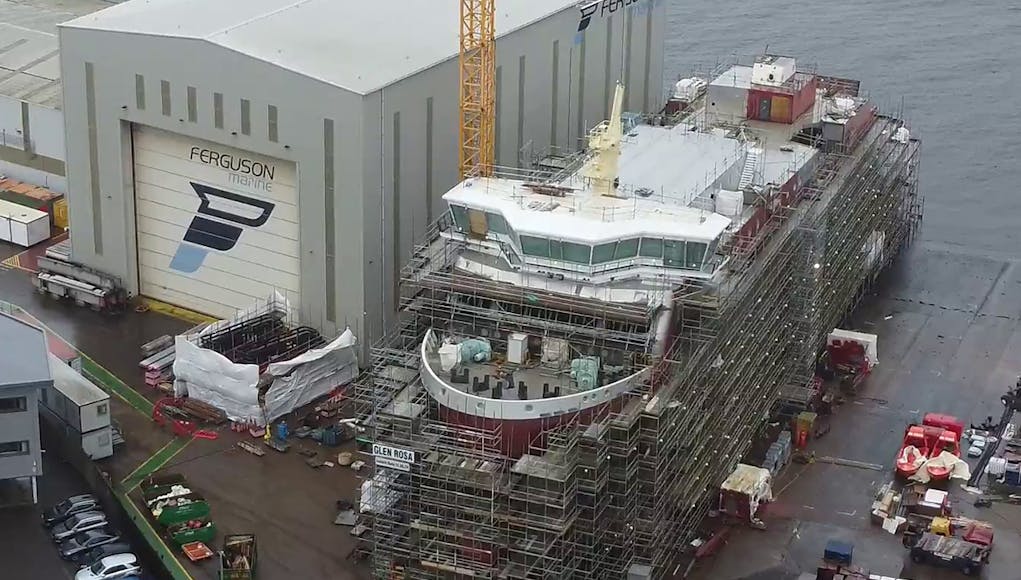




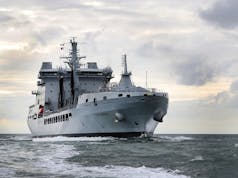
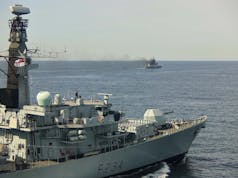
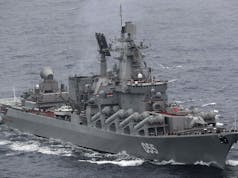
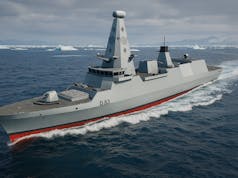

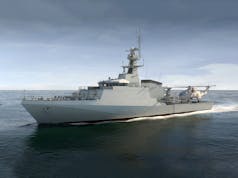

Why ?… indeed….
A flop is a flop.
TBH it is pretty clear that the board didn’t have a grip of the unfolding disaster.
Clearly more bad news to come on time and costs.
This feels like shutting doors after horses have bolted.
Over complicated, political interference and famed silly propulsion system.
Exactly
Perhaps time to but this job to bed before they help speed up the T26 programme, assuming they still have a role or are trying to gain one, or am I becoming cynical.
Definitely an exercise on how not to build 2x ferries.
Oh dear. Really hoped they had sorted the issues and were on the right path. These ferries are a nightmare.
Private yard struggles after getting handed a government contract, get’s nationalised and still struggles.
Meanwhile 2 other Scottish yards get into competition, invest is new facilities and processes.
There’s a lesson in there somewhere.